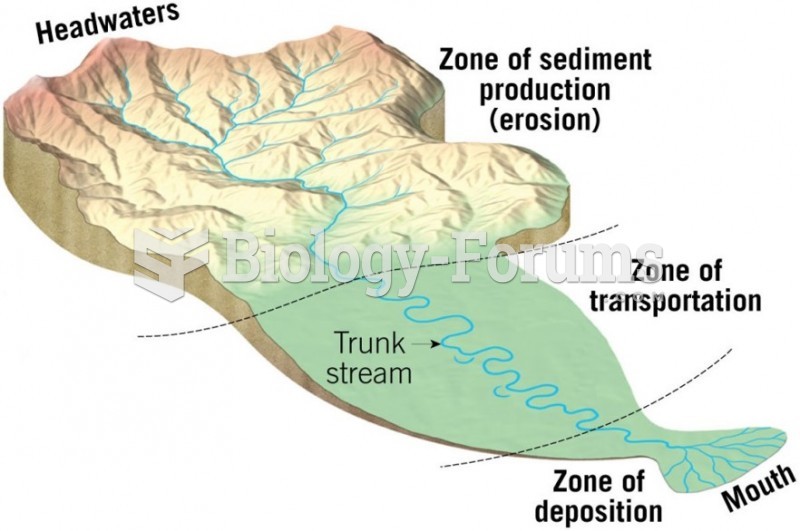Answer to Question 1
In a totalitarian system, individuals govern without the support of the people, tightly control people's lives, and do not tolerate opposing viewpoints. Nazi Germany under Adolf Hitler and the former Soviet Union under Joseph Stalin are historical examples of totalitarian governments. Today, Myanmar and North Korea are prominent examples of totalitarian governments. Totalitarian leaders attempt to silence those with opposing political views and, therefore, require the near-total centralization of political power. But a pure form of totalitarianism is not possible because no totalitarian government is capable of entirely silencing all its critics.
A democracy is a political system in which government leaders are elected directly by the wide participation of the people or by their representatives. Democracy differs from totalitarianism in nearly every respect. The foundations of modern democracy go back at least as far as the ancient Greeks. The Greeks tried to practice a pure democracy, one in which all citizens participate freely and actively in the political process. But a pure democracy is more an ideal than a workable system for several reasons. Some people have neither the time nor the desire to get involved in the political process. Also, citizens are less able to participate completely and actively as a population grows and as the barriers of distance and time increase. Finally, leaders in a pure democracy may find it difficult or impossible to form cohesive policies because direct voting can lead to conflicting popular opinion.
A country's political system also influences its legal system. Totalitarian governments tend to favor public ownership of economic resources and enact laws limiting entrepreneurial behavior. By contrast, democracies tend to encourage entrepreneurial activity and protect business with strong property-rights laws. The rights and responsibilities of parties to business transactions also differ from nation to nation. Political systems and legal systems, therefore, are naturally interlocked. A country's political system inspires and endorses its legal system, and its legal system legitimizes and supports its political system.
Answer to Question 2
A







